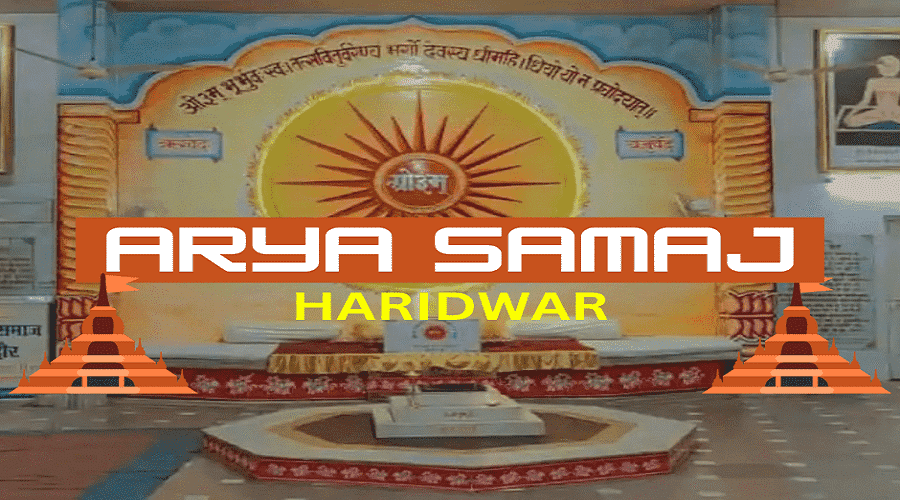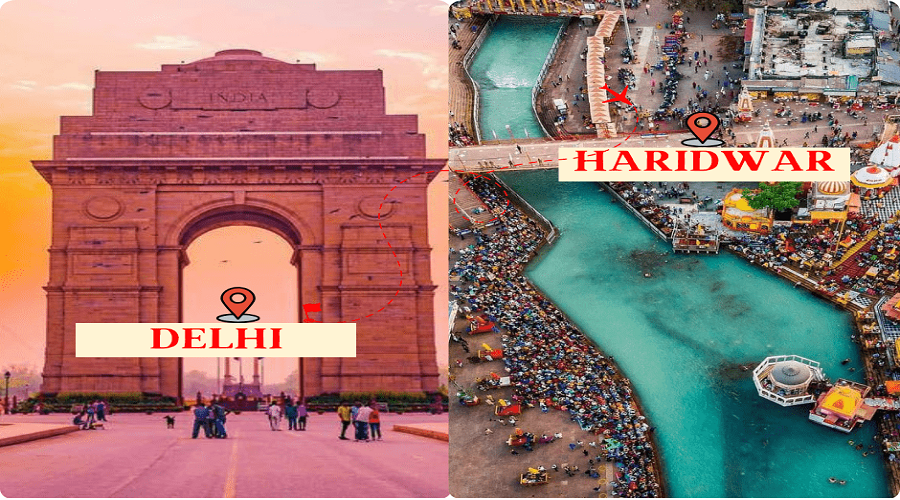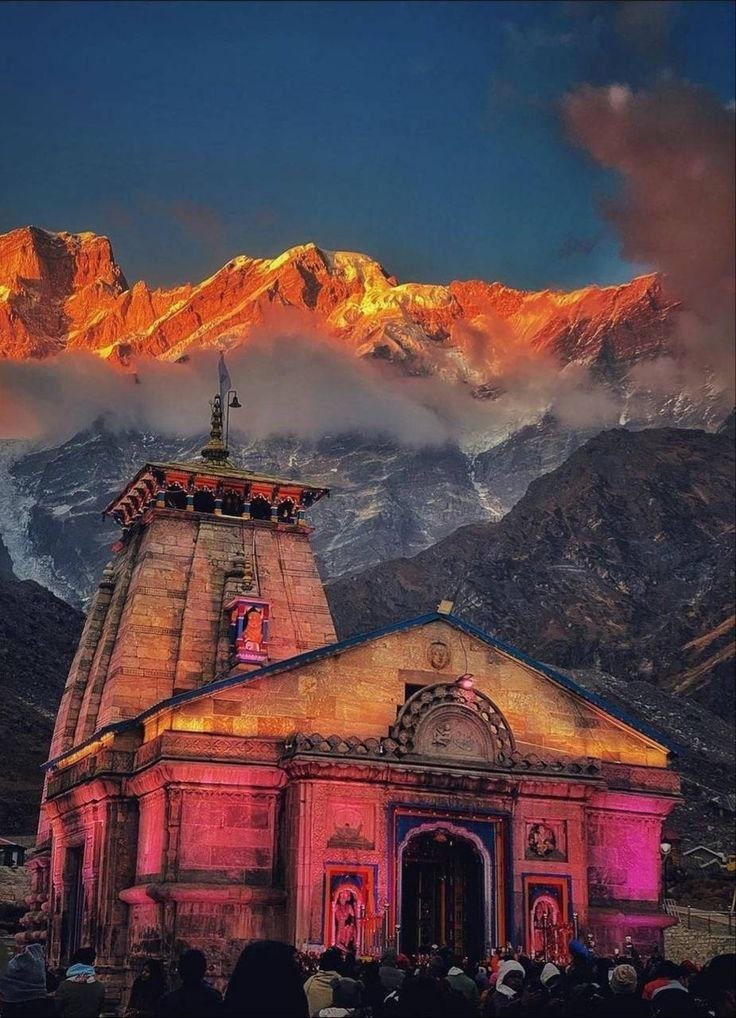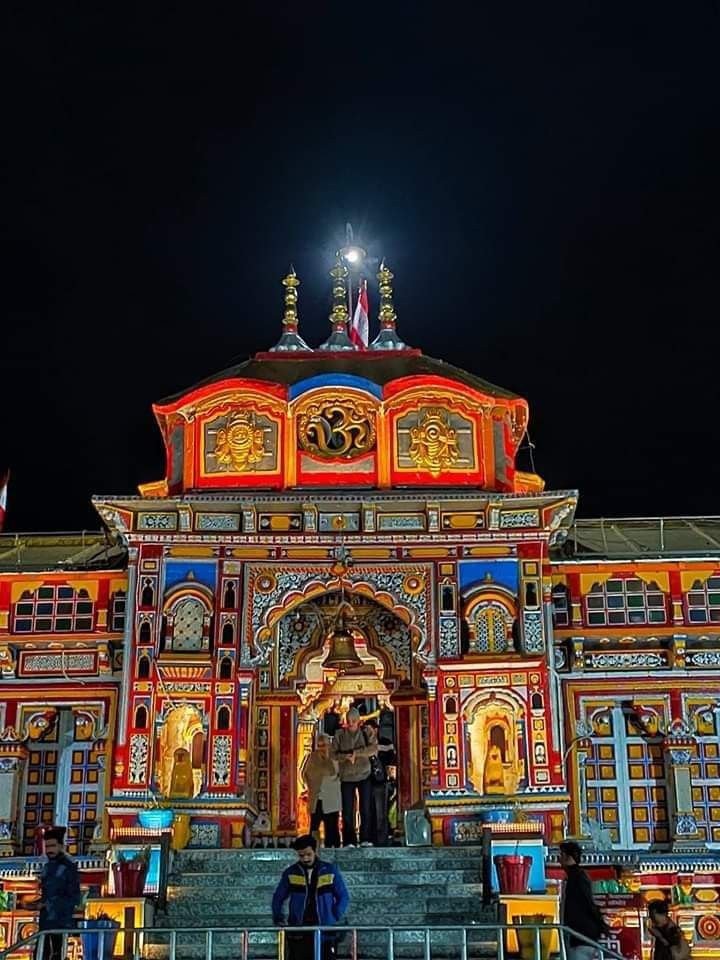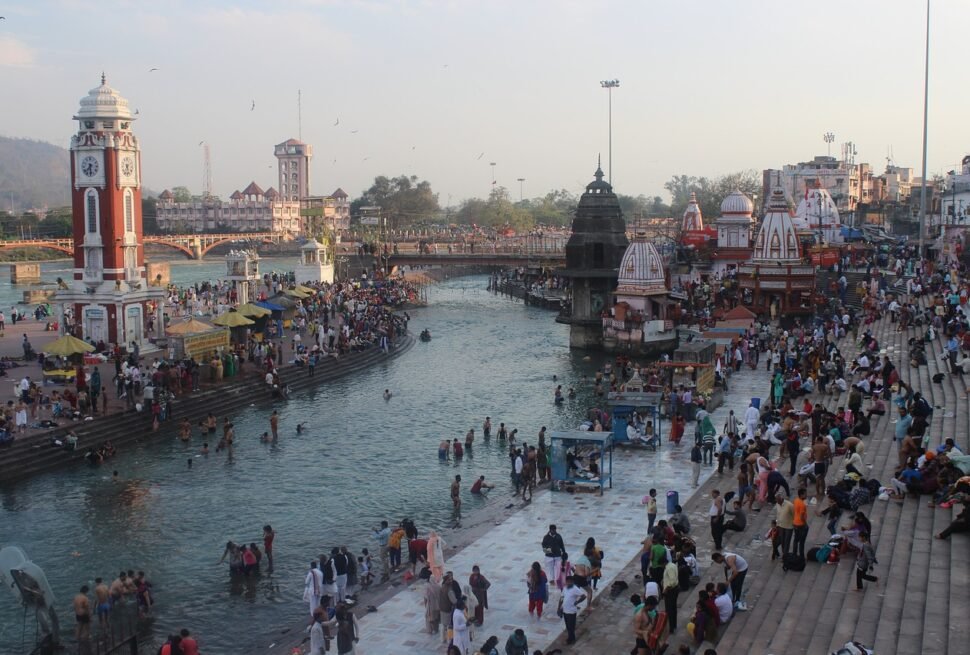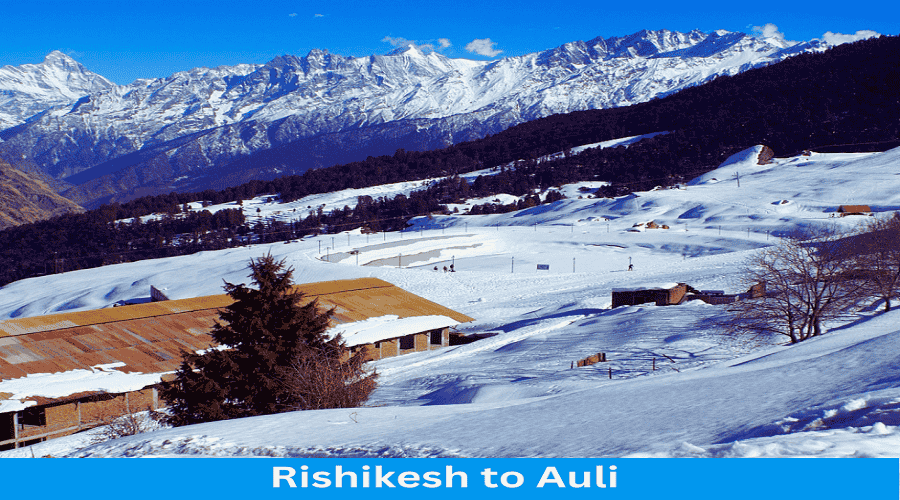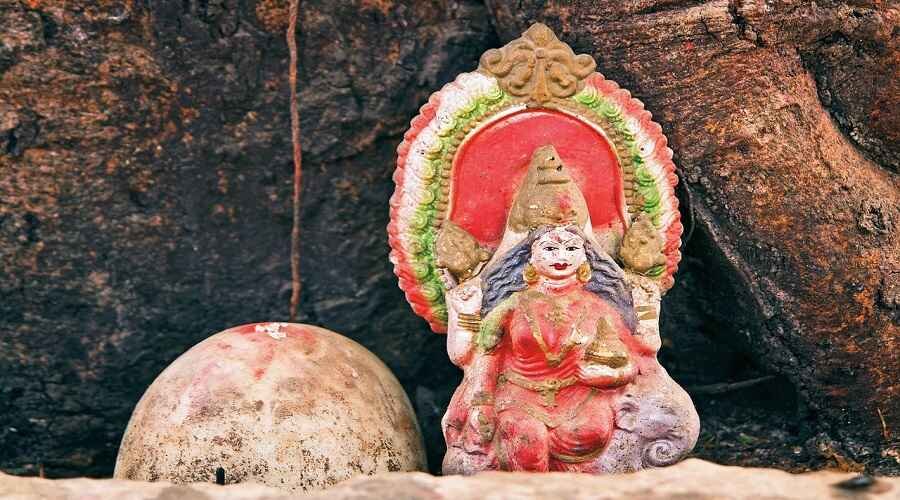Table of Contents
Toggle
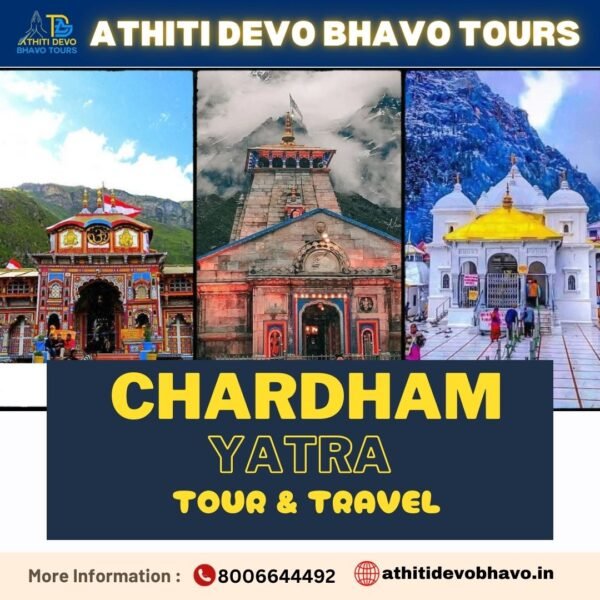


Arya Samaj is a Hindu reform movement founded by Swami Dayananda Saraswati in 1875. It aims to promote values and practices based on the Vedas. The Arya Samaj in Haridwar, like other branches of the organization, focuses on principles such as monotheism, the authority of the Vedas, and the promotion of education.
The Arya Samaj in Haridwar is likely to have a strong emphasis on Vedic teachings, including the performance of Vedic rituals and ceremonies. It may also provide educational services, including teaching Sanskrit and Vedic texts, and promoting moral and ethical values based on Vedic teachings.
Haridwar, a city in Uttarakhand, is a significant center for the Arya Samaj movement, given its historical and cultural importance in Hinduism. The Arya Samaj in Haridwar likely plays a crucial role in preserving and promoting the ideals of the movement, as well as serving the spiritual and educational needs of the local community
Arya samaj mandir Haridwar address
Sharvan Nath Nagar, Haridwar Uttarakhand, 249401
Arya samaj mandir Haridwar Contact No
+91-8877664536
Arya samaj mandir Haridwar Location in Map
People also ask about Arya samaj mandir Haridwar
1. What is the cost of Arya samaj marriage
The cost of an Arya Samaj marriage can vary depending on the location and specific requirements of the ceremony. However, in general, the cost is relatively affordable compared to elaborated traditional Hindu weddings.
In India, the cost of an Arya Samaj marriage typically ranges from ₹5000 to ₹15000 or more, depending on factors such as the location of the marriage hall, the fees for the priest conducting the ceremony, the cost of any additional services like photography or catering, and other miscellaneous expenses.
It’s important to note that these costs are approximate and can vary based on individual circumstances. It’s advisable to contact the Arya Samaj temple or organization directly for specific pricing information and to discuss the requirements for the marriage ceremony
2. What are the works of Arya Samaj
The primary works and principles of the Arya Samaj include
- Promoting Vedas: The Arya Samaj emphasizes the authority of the Vedas as the source of Hindu dharma and rejects later texts that deviate from Vedic teachings.
- Belief in Monotheism: Arya Samaj advocates belief in one God .
- Social Reform: It promotes social equality, condemns caste-based discrimination, and works towards the upliftment of the socially disadvantaged.
- Education: The Arya Samaj emphasizes education, both secular and Vedic, as a means to uplift society and promote moral values.
- Cow Protectioner: Arya Samaj promotes the protection and welfare of cows, considering them sacred.
- Promoting Hindi language: It promotes the use of Hindi language and works towards the development of the language.
- Sanskritization: Arya Samaj encourages the adoption of Vedic rituals and practices in daily life.
- Marriage Reforms: It promotes simple, Vedic-style marriages and opposes extravagant and costly wedding ceremonies.
3. How can I marry in Arya Samaj Temple
To marry in an Arya Samaj temple, you typically need to follow these steps
- Contact the Arya Samaj temple: Reach out to the Arya Samaj temple where you wish to conduct the marriage. You can usually find contact information mentioned above or by visiting the temple in person.
- Provide necessary documents: You will need to provide documents such as age proof, residence proof, and affidavits stating your marital status and that you are marrying willingly.
- Arrange for witnesses: You will need two witnesses to be present at the time of marriage. They should also carry their ID proofs.
- Agree to Arya Samaj principles: Both partners need to agree to the principles of Arya Samaj, which include belief in one God, rejection of idol worship, and adherence to Vedic teachings.
- Schedule the marriage: Once all documents are in order and the temple approves, you can schedule the marriage ceremony.
- Attend the marriage ceremony: On the day of the ceremony, both partners, along with their witnesses, need to be present at the temple. The marriage is conducted according to Vedic rituals by a priest (pandit ji).
- Receive the marriage certificate: After the ceremony, you will be provided with a marriage certificate issued by the Arya Samaj temple.
It’s important to note that the process may vary slightly from temple to temple, so it’s advisable to contact the specific Arya Samaj temple where you wish to marry for detailed instructions.
4. Is Arya Samaj marriage legal
Yes, Arya Samaj marriages are legally valid in India if they are conducted in accordance with the Arya Samaj rituals and the Arya Marriage Validation Act of 1937. The Arya Marriage Validation Act was enacted to recognize and validate marriages performed under Arya Samaj rituals.
For an Arya Samaj marriage to be legally recognized, certain conditions must be met.
- Both parties must be Hindus.
- Both parties must not be within the degree of prohibited relationship.
- Both parties must be of sound mind and capable of giving valid consent.
- Neither party should have a spouse living at the time of the marriage.
- Both parties should be of legal age for marriage (18 years for the bride and 21 years for the groom).
Additionally, the marriage must be registered under the Hindu Marriage Act, 1955, or the Special Marriage Act, 1954, to be legally recognized. It’s advisable to check the specific legal requirements and procedures for marriage registration in your state or union territory to ensure compliance with the law.
5. Why do people marry in Arya Samaj
People choose to marry in Arya Samaj for various reasons some of.
- Simplicity: Arya Samaj weddings are known for their simplicity and focus on Vedic rituals, which appeals to those seeking a more straightforward and meaningful ceremony.
- Cost-effective: Arya Samaj weddings are often more affordable compared to elaborate traditional weddings, making them a practical choice for many couples.
- No dowry: Arya Samaj strongly opposes the practice of dowry, which attracts couples who want to avoid this social issue.
- Equal rights: Arya Samaj promotes equality between men and women, and its marriage ceremonies reflect this principle, appealing to those seeking a more egalitarian approach to marriage.
- Spiritual significance: For those who value Vedic teachings and spirituality, Arya Samaj weddings offer a way to incorporate these elements into their marriage ceremony.
- Social reform: Some couples choose Arya Samaj weddings as a way to support the social reform and educational initiatives promoted by the Arya Samaj movement.
6. Who married in Arya Samaj
People from various backgrounds and communities choose to marry in Arya Samaj. Arya Samaj weddings are not limited to any specific group or caste. Couples who value simplicity, equality, and the spiritual aspects of Vedic teachings often opt for Arya Samaj marriages.
7. How to get divorce from Arya Samaj marriage
To get a divorce from an Arya Samaj marriage, you would typically follow the same legal procedures as for any other Hindu marriage under the Hindu Marriage Act, 1955. Here’s a general outline of the steps involved
- Consult a lawyer: It’s advisable to seek legal counsel to understand the divorce process and your rights under the law.
- Grounds for divorce: Determine the grounds on which you can seek a divorce. Under the Hindu Marriage Act, grounds for divorce include cruelty, adultery, desertion, conversion to another religion, mental disorder, and incurable illness.
- File a petition: Prepare and file a divorce petition in the family court that has jurisdiction over your area. The petition should include details of the marriage, the grounds for divorce, and any other relevant information.
- Serve notice: Serve a copy of the divorce petition to your spouse, informing them of the legal proceedings.
- Response: Your spouse will have the opportunity to respond to the petition and may also file a counterclaim if they wish.
- Mediation and counseling: In some cases, the court may require both parties to attend mediation or counseling sessions to try to reconcile differences.
- Court proceedings: If reconciliation is not possible, the court will conduct hearings to consider the evidence and arguments presented by both parties.
- Judgment: Based on the evidence and legal arguments, the court will issue a judgment granting or denying the divorce.
- Appeal: If either party is not satisfied with the judgment, they may appeal to a higher court.
- Decree of divorce: If the court grants the divorce, it will issue a decree of divorce, which legally ends the marriage.
8. Arya samaj mandir in delhi
There are several Arya Samaj mandirs (temples) in Delhi. Some of the well-known ones include
1. Arya Samaj Mandir, Karol Bagh
Located in the Karol Bagh area of Delhi, this mandir is known for its beautiful architecture and serene atmosphere.
Address: 26/5, Ajmal Khan Rd, Block 5, WEA, Karol Bagh, Delhi, 110005
2. Arya Samaj Mandir, Connaught Place
Situated in the heart of Delhi, this mandir is a popular choice for weddings and other ceremonies.
Address: 15, Hanuman Rd, Hanuman Road Area, Connaught Place, New Delhi, Delhi 110001
3. Arya Samaj Mandir, Greater Kailash
Another prominent mandir in Delhi, it is known for its peaceful surroundings and regular Vedic ritual.
Address: Block B, Kailash Colony, Greater Kailash, New Delhi, Delhi 110048
4. Arya Samaj Mandir, Rohini
Located in the Rohini area, this mandir is known for its community services and cultural activities.
Address: 179, D 13, Pocket 7, Sector 7C, Rohini, Delhi, 110085
These are just a few examples, and there are many more Arya Samaj mandirs located throughout Delhi. Each mandir typically offers regular prayers, Vedic rituals, and ceremonies, including weddings conducted in accordance with Arya Samaj principles.
9. Arya Samaj School
Arya Samaj runs several schools across India that follow the principles and teachings of the Arya Samaj movement. These schools aim to provide quality education while also imparting Vedic values and principles to students. The curriculum in Arya Samaj schools often includes subjects like Sanskrit, Vedic studies, and moral education along with regular academic subjects.
One well-known Arya Samaj school is the DAV (Dayanand Anglo-Vedic) school system, which was founded by Swami Dayanand Saraswati, the founder of the Arya Samaj movement. DAV schools are known for their emphasis on holistic education and character developmentA
Overall, Arya Samaj schools seek to combine modern education with traditional Vedic teachings to provide students with a well-rounded education that prepares them for life in the modern world while also instilling in them a strong sense of ethics, morality, and cultural heritage.
10. Arya samaj headquarters
The headquarters of the Arya Samaj is located in Delhi, India. The main office is known as the “Arya Samaj Mandir” and serves as the central administrative and spiritual hub for the Arya Samaj movement.

